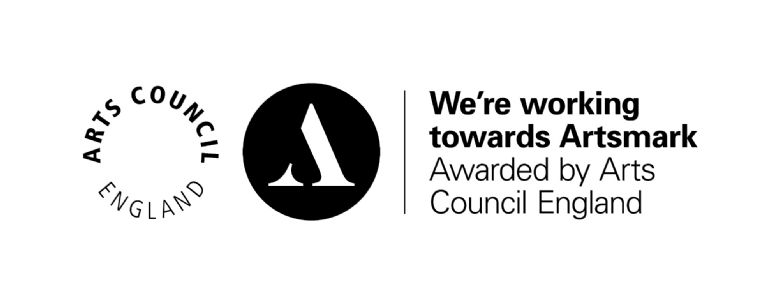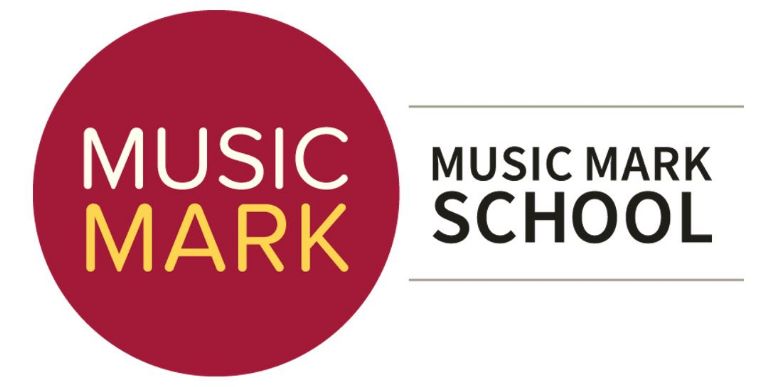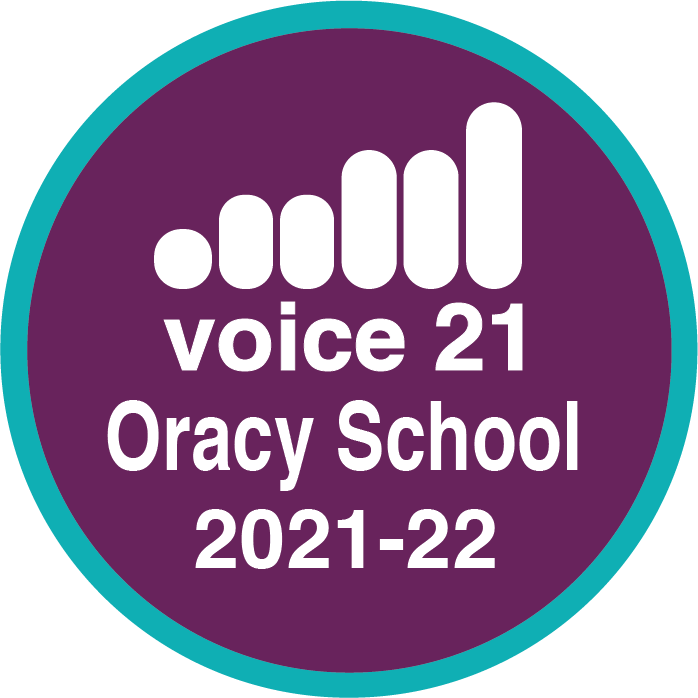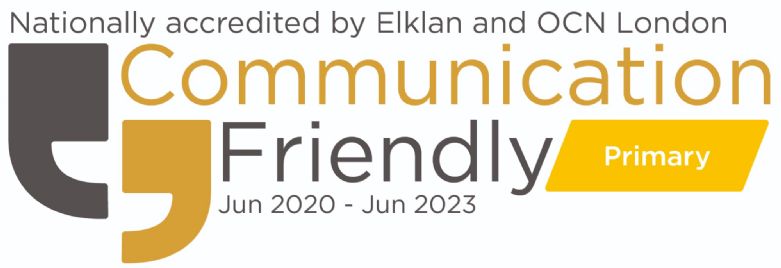Humanities
Humanities at Southfields Primary School includes History and Geography. Please see below for more information about each of the subjects.

History is a key subject in the Primary Curriculum and pupils will gain coherent substantive and disciplinary knowledge and understanding of Britain’s past and that of the wider world. History helps pupils to understand the complexity of people’s lives, the process of change, the diversity of societies and relationships between different groups, as well as their own identity and the challenges of their time.
At Southfields Primary School we are committed to providing all children with learning opportunities to engage in history. Our policy (which can be found below) sets out a framework within which teaching and non-teaching staff can work, and gives guidance on planning, teaching and assessment.
The national curriculum for History aims to ensure that all pupils:
-
Know and understand the history of the United Kingdom as a coherent, chronological narrative, from the earliest times to the present day.
-
How people’s lives have shaped this nation and how Britain has influenced and been influenced by the wider world.
-
To know and understand significant aspects of the history of the wider world: the nature of ancient civilisations, the expansion and dissolution of empires, characteristic features of past non-European societies, and achievements and follies of mankind gain
-
To deploy a historically grounded understanding of abstract terms such as ‘empire’, ‘civilisation’, ‘parliament’ and ‘peasantry'.
-
To understand historical concepts such as continuity and change, cause and consequence, similarity, difference and significance, and use them to make connections, draw contrasts, analyse trends and frame historically-valid questions
-
To create their own structured accounts, including written narratives and analysis, and understand the methods of historical enquiry
-
To know how evidence is used rigorously to make historical claims, and discern how and why contrasting arguments and interpretations of the past have been constructed.
Geography is an essential part of the curriculum. It provides a means of exploring, appreciating and understanding the world in which we live and how it has evolved. Geography explores the relationship between the Earth and its people through the study of place, space and the environment. It contributes to the cultural, social, spiritual and moral life of children as they acquire knowledge of a range of different cultures and traditions, and learn tolerance and understanding of other people and environments. Geography is the subject in which pupils learn the skills of understanding a locality and how and where people fit into its overall structure. Developing geographical skills is essential as children live in a world that is wide open to them. With opportunities to travel and work in different cities and countries across the world, pupils need to efficiently use maps, charts and other geographical data. The Geography Curriculum places great importance on the interaction between the physical and the human environment. Many areas of study give opportunities to make children aware of these effects upon their surroundings, their own responsibilities, and how they can contribute to improving the environment, however small that contribution might be.
The national curriculum for Geography aims to ensure that all pupils:
-
Develop contextual knowledge of the location of globally significant places – both terrestrial and marine – including their defining physical and human characteristics and how these provide a geographical context for understanding the actions of processes
-
Understand the processes that give rise to key physical and human geographical features of the world, how these are interdependent, and how they bring about spatial variation and change over time
-
Are competent in the geographical skills needed to collect, analyse and communicate with a range of data gathered through experiences of fieldwork that deepen their understanding of geographical processes
-
Interpret a range of sources of geographical information, including maps, diagrams, globes, aerial photographs and Geographical Information Systems (GIS)
-
Communicate geographical information in a variety of ways, including through maps, numerical and quantitative skills, and writing at length.
Southfields Primary School also aims to ensure that all pupils:
-
Show excitement and curiosity about the past and an interest in learning about others and their own past
-
Develop opinions and interpret History and Geography using a variety of sources and evidence
-
Develop research and interpretation skills using a range of media and artefacts
-
Gain a strong knowledge of their local History and Geography
-
Have a sense of their own identity within our social, political, cultural and economic background
-
Have the opportunity to bring History to life by creating ‘History off the page’ – Children will have the opportunity to use and access all the different resources in school
-
Learn about the history of Southfields School – aided by our own ‘Southfields Museum’
-
Have the opportunity to visit places of rich history as an added learning tool, such as Peterborough Museum
-
Go on exciting residential visits such as Aylmerton, where children can apply their geographical skills in real life situations
Curriculum Organisation
History and Geography will be planned, taught and assessed in accordance with the Kapow and Geography framework whilst having regard for the statutory and non-statutory guidance within the National Curriculum (2014) which outlines the aims and objectives for Key Stage 1 and Key Stage 2.
The EYFS framework is structured very differently to the national curriculum as it is organised across seven areas of learning rather than subject areas.
The most relevant statements for Geography are taken from the following areas of learning:
-
Mathematics
-
Understanding the World
The most relevant statements for History are taken from the following area of learning:
-
Understanding the World
Subject planning for History and Geography has three phases:
-
Whole school: this ensures continuity and progression within the subject and ensures that there is no unnecessary duplication or omission
-
Year Group: this ensures that classes within the same year group cover the same areas aiming for the same objectives
-
Class: this allows the teacher to interpret the learning objective in their own way and deliver the lesson in an interesting way for their class, taking into account abilities and needs within the class
Below is the grid outlining topics for each year group taught at Southfields.
Humanities
Useful contacts/ Websites
http;//www.history.org.uk/resources/resources.html – has articles for teachers to read and examples and suggestions of work for the different History topics
http://horrible-histories.co.uk/ - fun and engaging website for the children to explore the different areas studied in History











